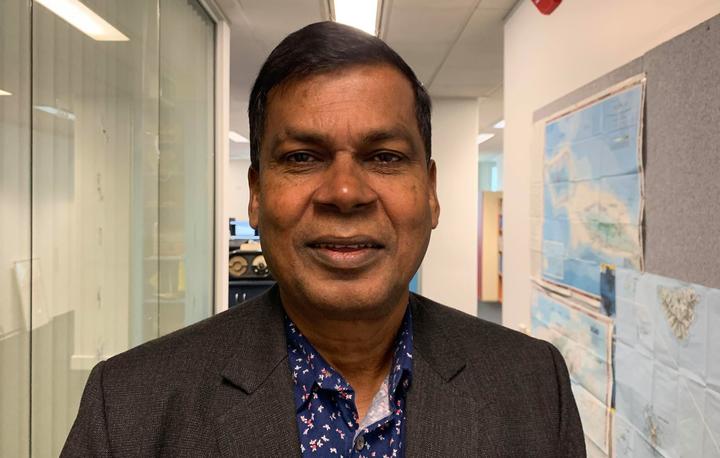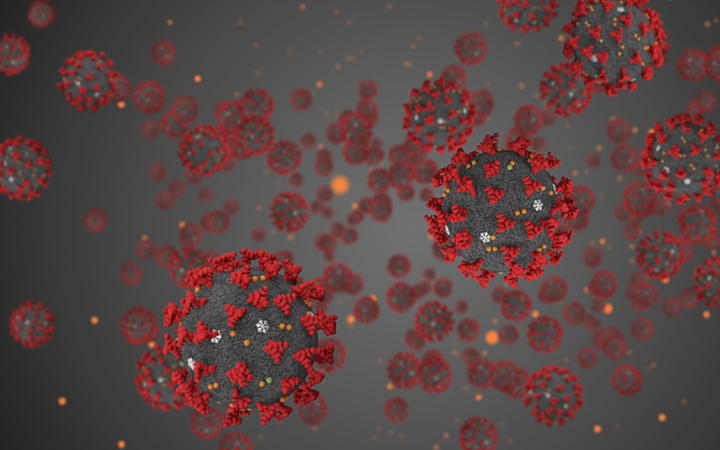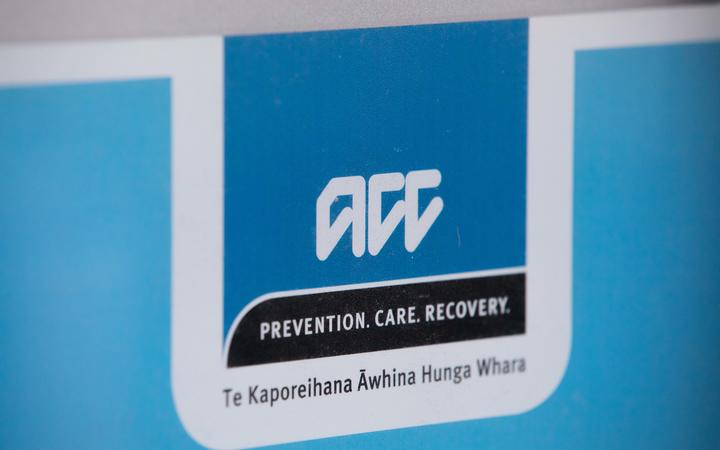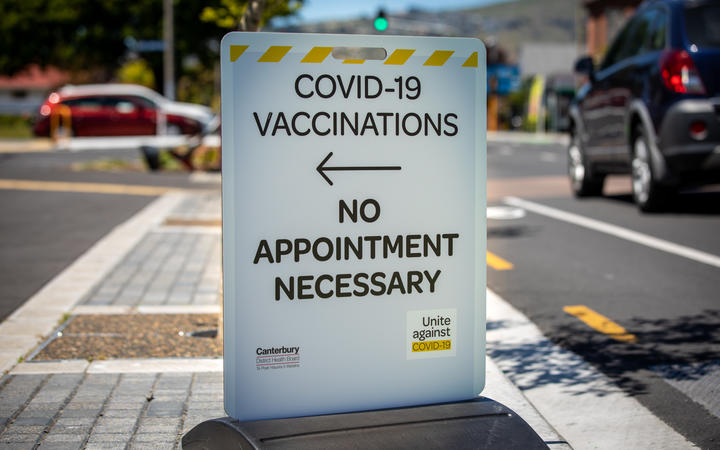By RNZ.co.nz and is republished with permission
New Zealand has recorded another 39 community cases of Covid-19, the Ministry of Health says.
Four new cases of Omicron have been detected in recent international arrivals.
Of the new community cases, there are 25 in Auckland, 11 in Bay of Plenty, 2 in Lakes and one in Taranaki.
There are 49 people in hospital with five of these in ICU or HDU.
The ministry says today’s case numbers do not cover a full 24 hour period due to the change in reporting times to a midnight-to-midnight cycle from 9am-to-9am.
Of the new Omicron cases, two of these were passengers on the international flight with New Zealand’s first Omicron case. Of the other two Omicron cases, one arrived in Auckland from Singapore on 13 December and the other arrived in Christchurch on 13 December from Singapore.
The total number of Omicron cases is now eight.
The ministry says two of the Omicron cases are in a bubble but the other six cases are unrelated to each other suggesting no cross-contamination or cross-infection either in-flight or within MIQ facilities.
All passengers on flights with Omicron cases are now required to complete ten days in MIQ. Other arrivals spend seven days in MIQ and three days in self-isolation.
“We are well placed to manage Omicron cases with isolation and testing requirements for all new arrivals, robust infection and prevention control and PPE measures at airports and MIQ facilities, and frequent surveillance testing of staff who have any contact with recent international returnees,” the ministry said in a statement.
Whole genome sequencing is undertaken on positive cases at the border to identify if these are the Omicron variant.
A boy under the age of 10 became the youngest person with Covid-19 to die in New Zealand, data on the Ministry of Health website revealed yesterday. The data said the child was a Māori boy, registered to the Counties Manukau DHB.
Three new cases of the Omicron Covid-19 variant were also reported in New Zealand’s managed isolation system, with none of them connected to the first case that was announced on Thursday.
The cases are now isolating at the Jet Park Quarantine facility in Auckland while the first case has been transferred to an MIQ facility in Christchurch.
The ministry said the detection of further Omicron cases was not surprising given its rapid spread around the world.
There were 76 new community cases of the coronavirus reported in New Zealand yesterday.







